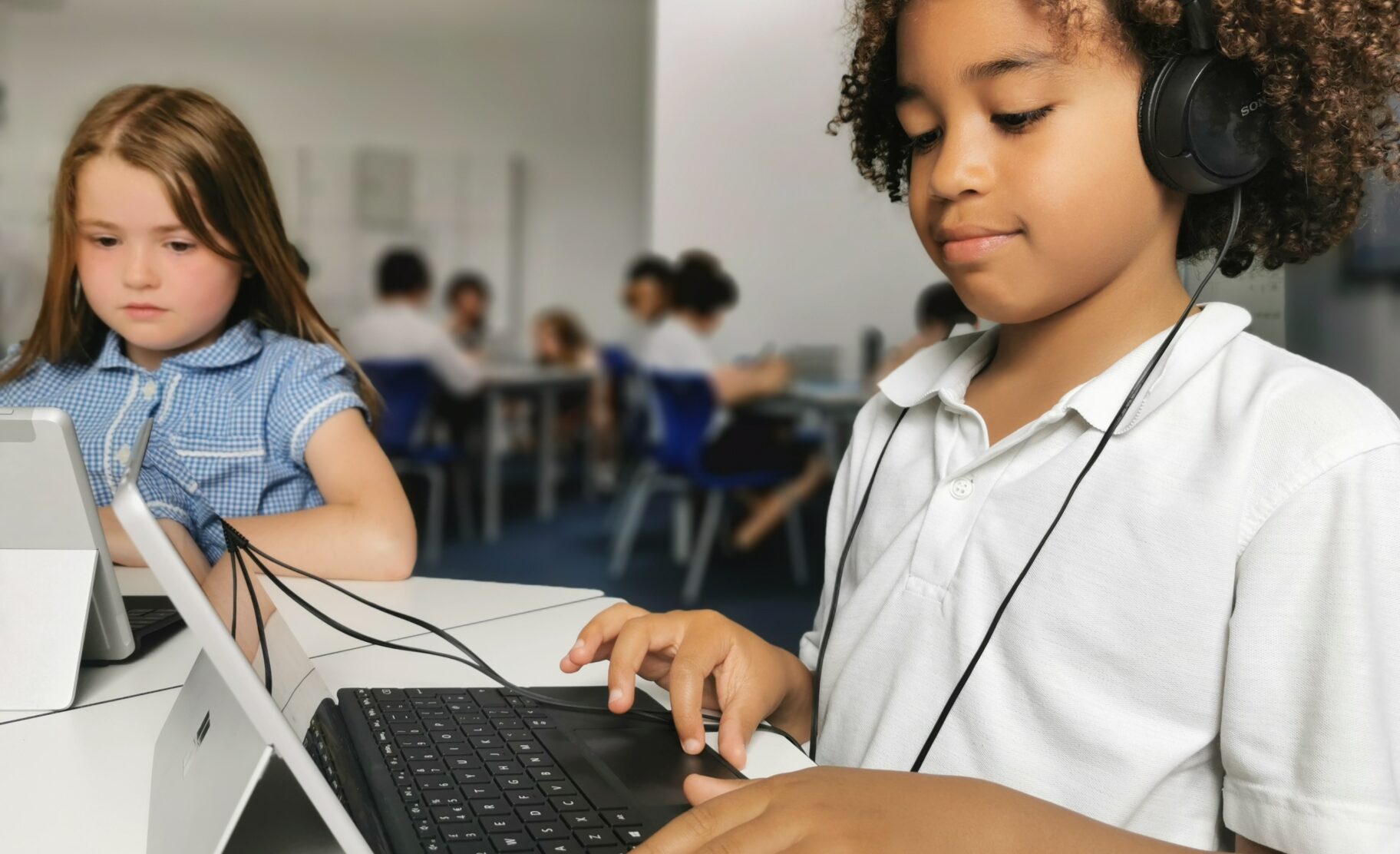

In this blog, Dale Lawson shares the ways he makes his lessons engaging and the programmes and EdTech he uses.

The term ‘21st Century Learner’ is thrown around a lot within Educator forums; the goal is that all teachers should be preparing their pupils for the modern world by embracing it within their classroom delivery – something that is impossible to disagree with.
During (and after) the recent National Lockdowns, it has become second nature for so many teachers to utilise a wide variety of edtech resources, and specifically, digital content delivered through the internet has proven an incredibly powerful tool. Providing pupils with interactive resources, informative content and teaching them the skills to create their own, we are preparing students for the 21st Century world they will inevitably join.
A long-standing digital resource for teachers has been BBC Bitesize. The video content available is always short, often humorous and always accessible for learners. As a starting point, when searching for suitable digital content, I would urge teachers to head onto BBC Bitesize and see what there is to offer. Unfortunately, BBC Bitesize is irregularly updated and has some large pockets of missing knowledge – which are slowly being filled in. When exploring the wider curriculum (away from Maths and English) there are other sites with a much wider variety of suitable and reliable online video content. Discovery Education Espresso is one of these sites. Offering a wide bank of digital content, Espresso provides specific channels that allow teachers to quickly search for topics they wish to cover and explore; alongside videos, resource and activity suggestions are also stored in these channels.
Delivering video content in class has become quite the normality for teachers now, breaking up our own voices with upbeat content during an input, helping pitch to a wider variety of learners. However, personally selecting specific digital content for individual learners has proven almost impossible until recent years. Many schools now are increasingly providing pupils with 1 to 1 devices in the classroom. With growing access to computers within school, the ability to more deeply personalize learning can be explored by teachers. Discovery Education Espresso offers this service too. On top of the wide variety of video content available, teachers can assign specific videos to individuals or groups and attach a set of questions to that video.
When reviewing the engagement pupils had with this task, teachers can explore the answers they gave and the time they spent interacting with digital content. Suddenly, an online resource is not only for a necessary break within the whole class input but also something personalised to a specific learner supporting them in achieving greater outcomes.
Expanding upon learner support is an online video response site called FlipGrid. FlipGrid allows the teacher to share a pre-recorded thought with their class and receive individual responses; these responses can then be replied to by other pupils. Straight away, there is a class-wide conversation happening in a virtual forum that can be shared and viewed again at any time. Microsoft owned, FlipGrid can also be embedded within OneNote and Teams – programmes many schools now use to deliver their education. With higher levels of communication, video response tools, such as FlipGrid, expand upon the concept of the traditional video use in the classroom.
Finally, completing the journey of implementing strong video tools within classroom delivery, children can be taught to edit and create their own content. This could be to share with one another, within an assembly or shown to an external source. By teaching children to edit, teachers are required to upskill themselves too – once again bringing us back to the concept of the 21st Century Teacher and Learner.
Microsoft Video Editor is a free to use editing software built within Windows and linked to the photos app; it allows basic video manipulation tools (snipping, cutting, filters and 3D effects). Embracing a new project, such as creating meaningful documentaries, can provide teachers with the motivation to learn and deliver a new and necessary skill to their class. Beginning with simple and easy-to-access videos from BBC Bitesize is the first point of call for many teachers; taking to Discovery Education Espresso for increased and wider digital content, allows for greater control over what is taught and how it is accessed. Continuing into FlipGrid for virtual conversations around a given topic, provide the chance for children to have a voice as well as to listen. Finally, empowering pupils to edit their own content brings them full cycle and throws them successfully into the role of a 21st Century Learner.